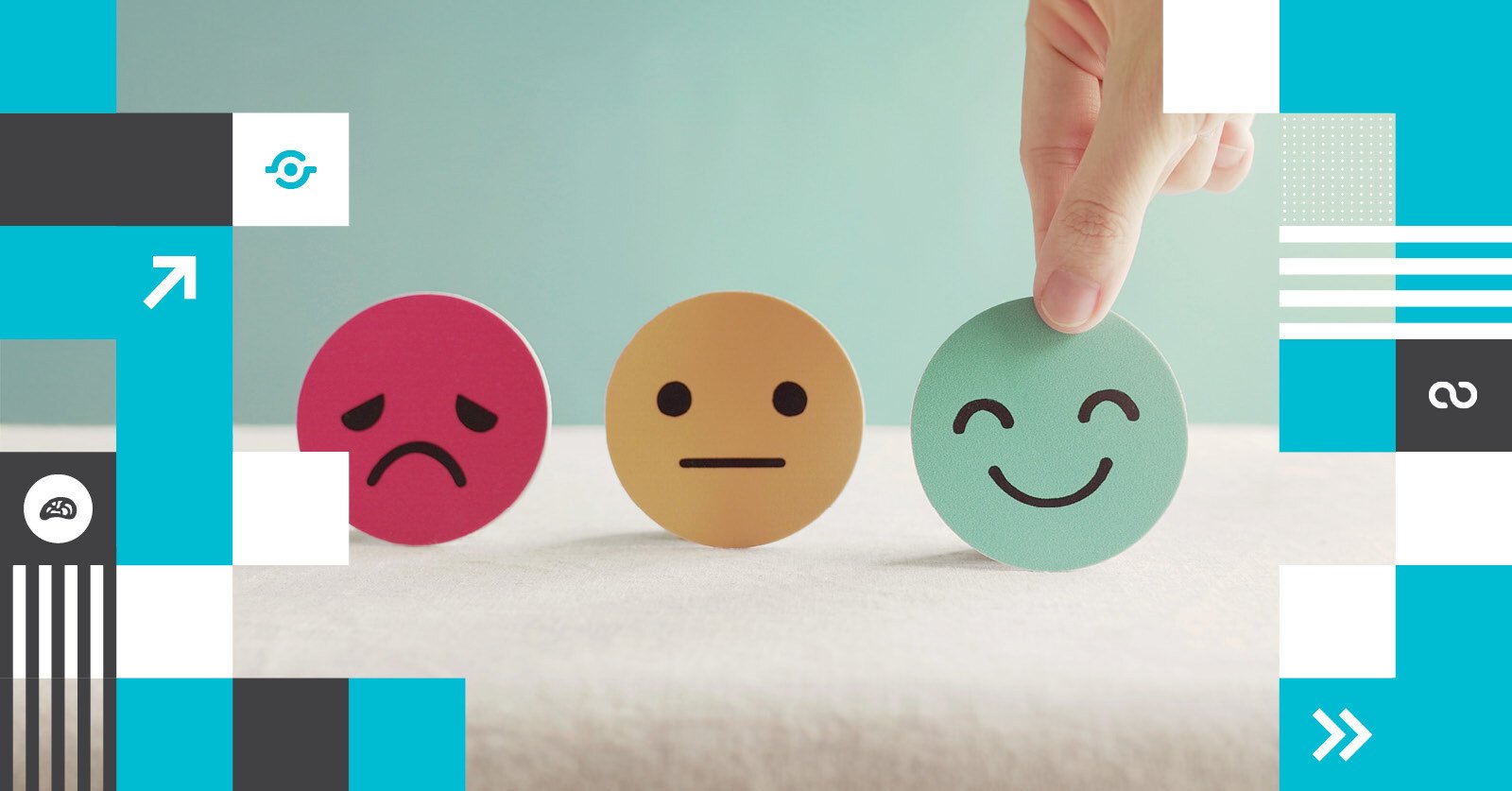The Silent Impact of Snap Judgments
Attribute: Affirming

Benefits of Reducing Snap Judgments
We all encounter situations where new ideas are brought to the table, whether it’s during a casual conversation, a group activity or a brainstorming session. In these moments, it’s easy to dismiss someone’s suggestion without giving it much thought, especially when it doesn’t immediately resonate with our own views. However, these quick judgments can have deeper, often unseen consequences. When ideas are brushed off too quickly, it can stifle creativity, discourage contributions and suppress innovation in any setting. How often do we truly take time to explore ideas before we reject them?
- Encouraging Innovation:
When people feel their ideas are valued, they’re more likely to think outside the box and present new, creative solutions. - Fostering Open Communication:
A space where ideas are listened to without judgment promotes better communication and deeper connections among people, whether in a social or collaborative setting. - Building Confidence and Trust:
When individuals feel heard, it boosts their confidence to share more, creating a supportive environment where mutual respect grows.
Keep reading ↓
Keep reading ↓
Newsletter
Gauge If You Quickly Dismiss Others' Ideas
Consider these questions:
- Have you ever quickly dismissed someone’s idea without fully considering it? How might that have affected the conversation?
- How open are you to new or unusual ideas, especially when they challenge your own thinking?
- In what areas of your life could you create more space for thoughtful consideration of others' suggestions?
- How can you encourage others to share their ideas, even when they seem different or unconventional?
Reflecting on these questions can help you recognize the moments where snap judgments may have unintentionally stifled creativity or connection.
Keep reading ↓
Foster a More Open and Collaborative Environment
- Embrace a 'Pause and Reflect' Approach:
When faced with a new idea or suggestion, it can be easy to respond impulsively. Instead, adopt a 'Pause and Reflect' approach, where you deliberately take a moment to consider the idea before reacting. This intentional pause helps reduce knee-jerk judgments and allows you to think about the value of the idea from different perspectives. Even a few seconds of reflection can lead to a more thoughtful and open response. - Adopt a ‘Curiosity Over Criticism’ Mindset:
Instead of automatically looking for flaws in an idea, approach it with curiosity. Ask yourself, "What can we learn from this?" or "How can this idea be built upon?" Shifting from a critical mindset to a curious one encourages exploration and gives every idea a chance to evolve. Even if the idea isn’t fully feasible, it can inspire a different, more refined solution in the process. - Create a Space for Idea Sharing:
Whether it’s in a family discussion, a community group or any creative setting, creating a dedicated space for sharing ideas can encourage more open communication. This not only makes people feel more comfortable sharing but also promotes ongoing creativity.
Dismissing ideas too quickly can quietly hinder creativity and limit the potential for growth, whether it’s in a casual conversation, a group effort or any situation where collaboration is needed. By recognizing the impact of snap judgments, we can open ourselves up to new possibilities and encourage a more inclusive environment where everyone’s ideas are heard.

Explore the Items
Read each article!
Supporting content
Influence Articles
Check out the latest blogs to learn more about this topic!

Respect Is A Cornerstone Of Leadership

4 Methods to Increase Your Influence with Others

Giving The Gift Of Time To Increase Your Influence
Bibliography
This article has been inspired by the following sources:
- Ambady, N., & Rosenthal, R. (1992). Thin slices of expressive behavior as predictors of interpersonal consequences: A meta-analysis. Psychological Bulletin
- Rogers, C. R., & Farson, R. E. (1987). Active listening. In R. G. Newman, M. A. Danziger, & M. Cohen (Eds.), Communicating in business today
- Amabile, T. M. (1998). How to kill creativity. Harvard Business Review
- Edmondson, A. C. (1999). Psychological safety and learning behavior in work teams. Administrative Science Quarterly
- Kashdan, T. B., & Silvia, P. J. (2009). Curiosity and interest: The benefits of thriving on novelty and challenge. In S. J. Lopez & C. R. Snyder (Eds.), The Oxford handbook of positive psychology. Oxford University Press.

